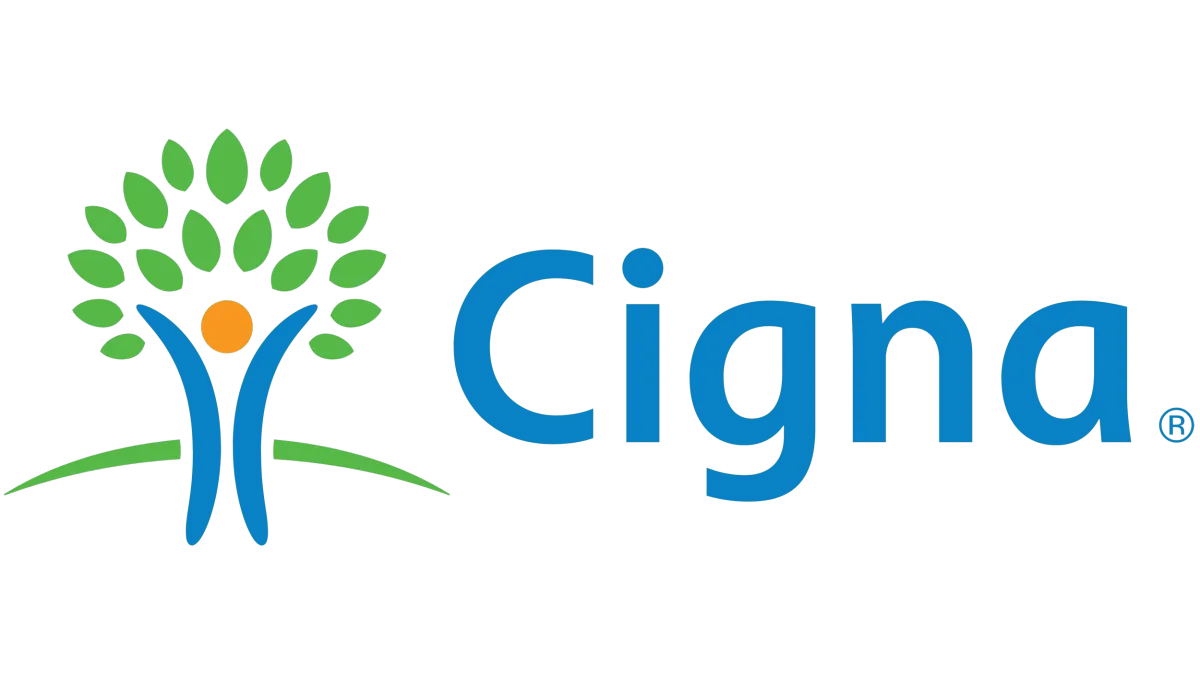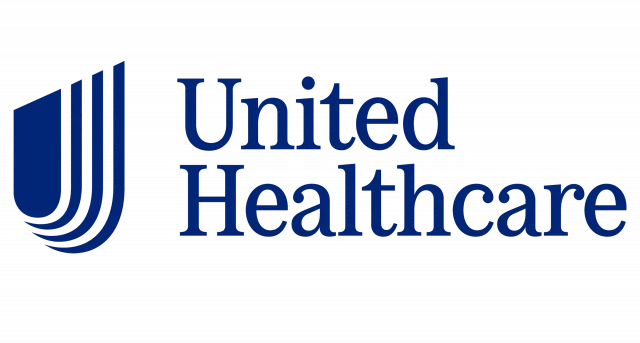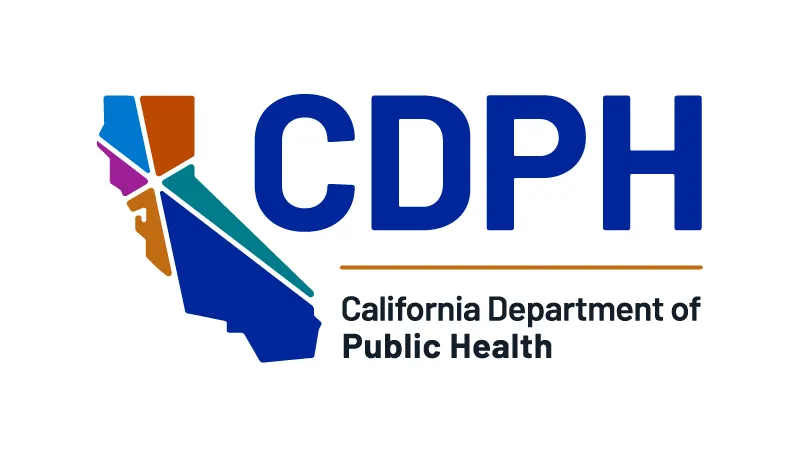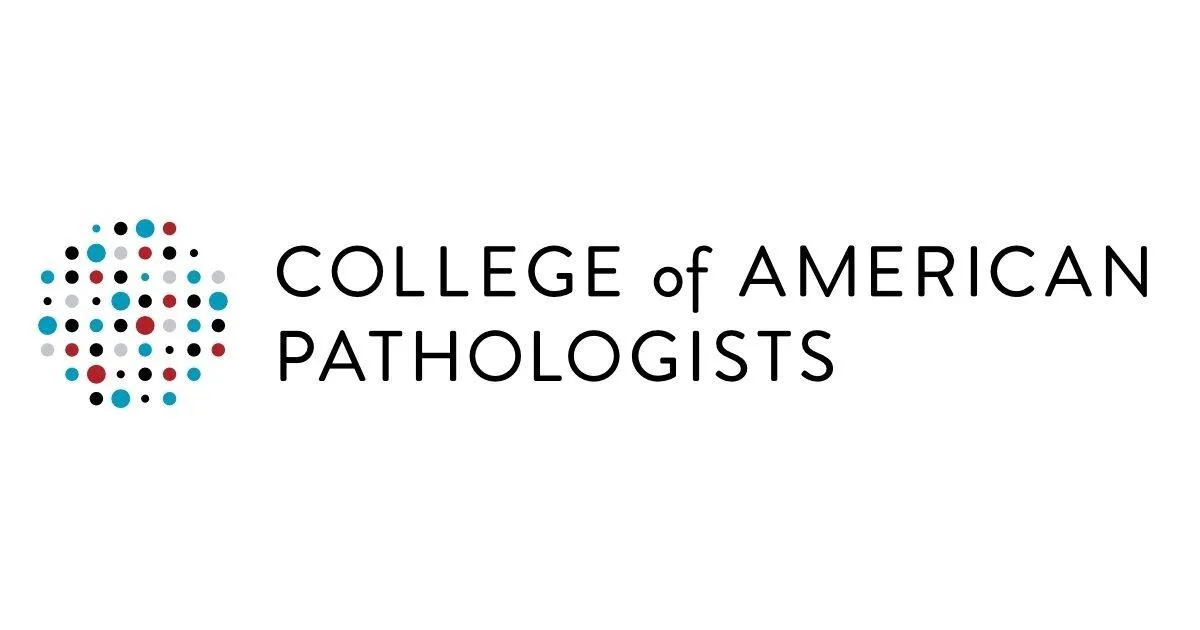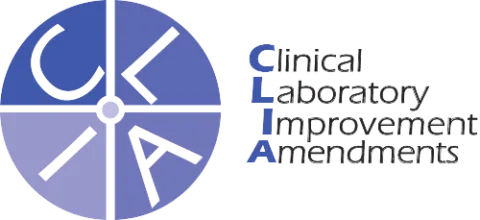Precision Testing. Trusted Results. Better Care.
American Scientific Laboratories
Provides advanced diagnostic testing with uncompromising accuracy and speed. From standard bloodwork to cutting-edge genetic sequencing, we help providers and facilities deliver evidence-based care. Our mission is to empower healthcare professionals with actionable results that improve outcomes, reduce costs, and enhance patient well-being.

Who We Serve
American Scientific Laboratories is uniquely positioned to support a wide range of healthcare providers and facilities, tailoring services to meet specific patient care needs:
Detox Centers – Reliable toxicology and bloodwork testing for patient monitoring during recovery.
Intensive Outpatient Treatment Centers – Reliable testing for compliance and relapse monitoring; as well as behavioral health programs.
Assisted Living Facilities – On-site phlebotomy with easy-to-access bloodwork and molecular testing to support elderly populations.
Concierge Medicine – Personalized diagnostic panels for preventative, individualized care to enhance patient-centered care models.
Wellness Clinics – Preventive and genetic testing through cutting-edge NGS and PGX testing to support proactive healthcare.
Reference Labs – Overflow and specialized testing partnerships with other laboratories.
Our Dedicated Team
From lab scientists to phlebotomists and customer service specialists, our team of experienced professionals combine clinical expertise with attentive support, guiding healthcare providers and patients every step of the way. From sample collection to final reporting, our professionals uphold the highest standards of quality, integrity, and service.
We 're honored you've trusted ASL Laboratories with your trusting needs. Our team is committed to delivering accurate, timely genetic and diagnostic results with compassionate, concierge-style service. By choosing ASL, you're partnering with a laboratory that values precision, privacy and personalized support-helping you and your patients make informed decisions with confidence.
Our Services
Blood Work
Toxicology
NSG Testing
Molecular Testing
Physician Portal

Location
3380 Fairlane Farms Rd. Ste 14-16
Wellington, Fl 33414

Call
(561) 431.9301


